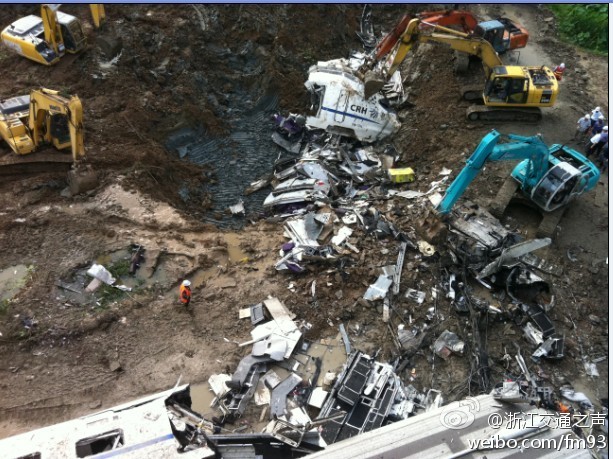Re: Train wreck is no surprise to me, trains wreck all the time, but what happens next is really nuts.
guess this is the result when labor and/or material is 'too cheap to meter' ?
and/or when environmental concerns/regulations are non-existent....
'must be nice' eh?
guess this is the result when labor and/or material is 'too cheap to meter' ?
and/or when environmental concerns/regulations are non-existent....
'must be nice' eh?
Originally posted by touchring
View Post


 )
)

Comment